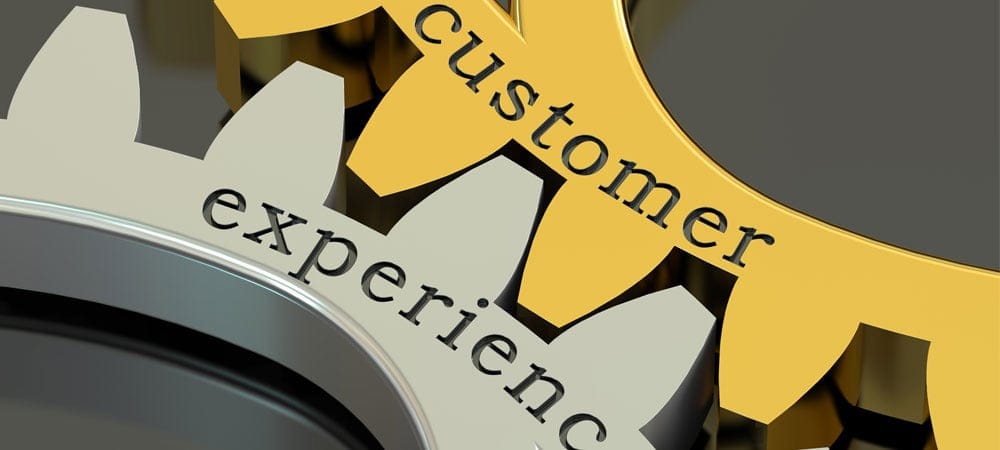B2B with optimized customer experience


E-3: As a manufacturer of fragrances and flavorings, Symrise is a typical player in the B2B market. Why do you attach so much importance to the customer experience at Symrise?
Stefan Tittel, Symrise: At Symrise, the product development process is very important to us. We call it "Brief to Contract". This means that we receive a briefing from our customer and develop a product based on this briefing, for example a specific fragrance. As we develop a large number of products each year, we have to provide optimum support for this process. This is where the customer experience comes in. This means we are closer to our customers than many B2C companies, where customers only receive the standard product. Another point is data quality: we often supply one customer from different company segments. We therefore need company-wide transparency across all customer processes in order to optimize collaboration. As the customer experience is a central part of our digitalization strategy, we have opted for a uniform, cross-organizational platform on which all information is consolidated.
E-3: The customer experience is therefore a central component of your digitalization strategy. What do you mean by an optimal CX?
Tittel: We want to provide optimum support for collaboration with our customers, especially those who are served via multiple channels in our portfolio. To do this, we naturally need as much transparency as possible about the requirements and processes - a standardized platform creates this. In addition to the focus on the customer, the platform is also relevant for our own processes: It ensures improved data quality, as we merge and view all data holistically. This applies, for example, to the supply chain process, the acquisition of information for product development or the integration of information from other sources, such as studies or partner companies. We can derive the next relevant process steps from this collected knowledge.
E-3: How do you achieve these goals?
Tittel: As a company, it is very important to us to be innovative, for example in terms of artificial intelligence. We are the first provider on the market to have developed a perfume based on AI. We want to use experience management to gain additional experience that we can use to improve the process. The platform helps us to collect a broad range of data and then convert it into usable information.
E-3: You are working on a platform to record and structure data across divisions and ensure high data quality. How are you mapping this on the IT side via the platform?
Tittel: There is no one product that can do everything. As a globally active group, we already use different products, for example Siebel, Salesforce, SAP CRM and Microsoft CRM products. We harmonize these different solutions with a central SAP CX solution, as this solution has proven to be optimal for our requirements. However, there are also special requirements that need to be mapped with the solution. We have therefore added further products to our portfolio. For example, we work with Qualtrics to gather information and have implemented additional components for project management or the paperless processing of contracts. Our CX approach comprises not just a technical software product, but an overall context consisting of various solutions.
E-3: How do you manage this interaction at Symrise?
Tittel: We have set up the "Enterprise Architecture" area internally, which defines what the development landscape of our solutions looks like. In this way, we ensure that we not only build buildings, but also where we build them and which connecting roads are required - so everything is always integrated. For implementations, we also work with specialists, in this case KPS, and rely on their up-to-date specialist knowledge. We also invest a lot in change management: the best solution is useless if customers or business partners cannot or do not want to use it efficiently.
E-3: What advice would you give to other B2B companies regarding their customer experience?
Tittel: This doesn't just apply to B2B companies: In general, the importance of IT has changed significantly and is now a key business enabler. All solutions must be set up in such a way that they enable business. Standardization is very important in this context, for reasons of cost and transparency. But individualization is crucial for those areas where you want to differentiate yourself from the competition. No company can avoid individualization, but it should of course be considered to a reasonable extent.
E-3: Thank you for the interview.







